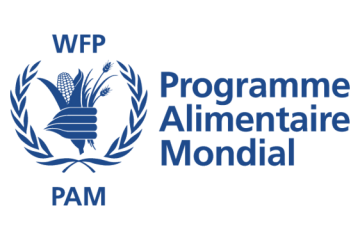Final Evaluation of the Climate Resilience for Smallholder Farmers Project Senegal
![]() AGRICULTURE
AGRICULTURE ![]() TRANSVERSAL
TRANSVERSAL

Services: Monitoring, evaluation and capitalisation
Countries: Senegal
Dates of intervention: 2024/07 - 2024/12
Amount executed: 24 418 €
Total amount of the service: 104 649 €
Main backer: United Nations World Food Programme - Client
Main beneficiary: United Nations World Food Programme
Co-contractors: Institute for Research and Application of Development Methods
Support provider: SalvaTerra
Experts: Eva HAENTJENS
Context of the service
The project "Strengthening the climate resilience of food-insecure smallholder farmers through integrated climate risk management (4R)" was implemented in Senegal between 2020 and 2024 with the support of the Green Climate Fund (GCF) and the World Food Programme (WFP).
It aims to strengthen the adaptation of vulnerable farmers to the effects of climate change, including by improving their food security and incomes.
In a context of national economic growth, but also of the fragility of rural financial services and increased exposure to climate hazards, the project is based on four components: risk reduction, risk transfer, reserve building, and institutional support for climate risk management.
With a budget of USD 9.2 million, it has reached more than 438,000 beneficiaries.
Services provided
The final decentralized evaluation of the 4R project meets two objectives: accountability and learning for future projects.
It includes an in-depth analysis of the effectiveness, impact and sustainability of the actions implemented, as well as the identification of strengths and areas for improvement.
The work combined field data collection, stakeholder interviews, and analysis of financial and operational performance.
The final report provides strategic recommendations to optimize future climate resilience and risk management interventions in Senegal.
Summary of the service
Final Evaluation of the GCF-funded Climate Resilience for Smallholder Farmers (4R) project implemented by WFP in Senegal: Field data collection, stakeholder interviews, and analysis of financial and operational performance; Analysis of the effectiveness, impact and sustainability of the actions implemented; Identification of strengths and areas for improvement; Policy recommendations.